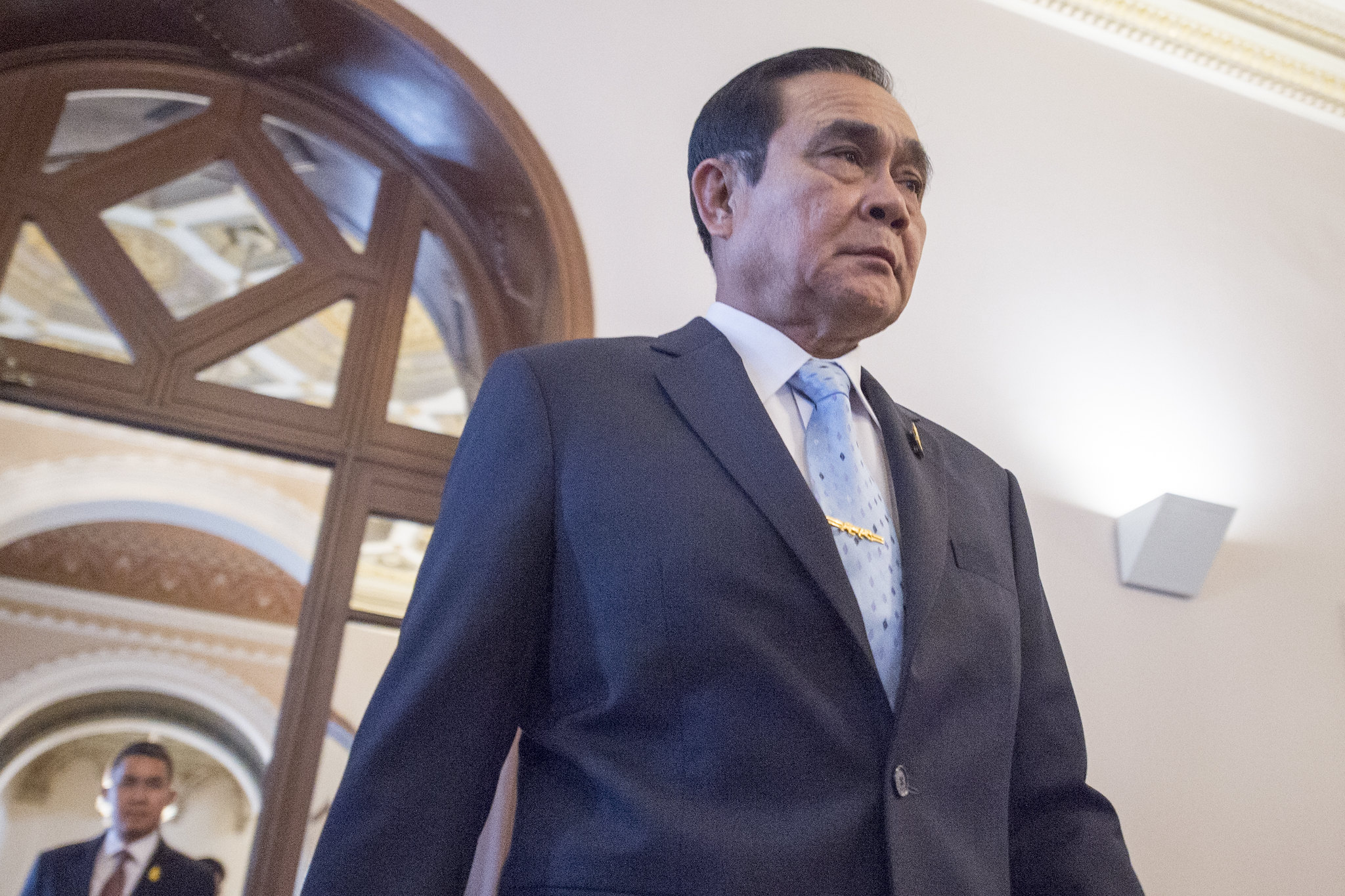BANGKOK (Parliament Politics Magazine) – Prime Minister Prayuth Chan-ocha has been suspended from official duty by the top court of Thailand while a legal challenge to his term limit is being considered.
In a lawsuit, the opposition parties claim that Mr. Prayuth, who has been in leadership since 2014, has exceeded his tenure.
The constitutional term limit for prime ministers in Thailand is eight years.
The former army chief first assumed control during the military coup in 2014, and retained office in 2019 after a strictly controlled election.
He has, however, encountered escalating opposition and backlash within his own coalition in recent years.
He has so far this year survived several votes of no confidence.
Activists and opponents have claimed that Mr. Prayuth’s tenure started while he was the junta leader. He was the military chief who led the coup in May 2014, and in August of that same year, declared himself the PM of the new military government.
His critics claim that this meant his tenure should conclude this week.
However, according to his supporters, his tenure didn’t actually start until 2017 when a new constitution took effect or even until a general election in 2019 when he took power.
If he wins the forthcoming general election, he might potentially keep on serving until 2027.
The political opposition’s case to have the issue heard by the Thai Constitutional Court was granted on Wednesday. Judges on the panel decided in favour of his immediate suspension by a vote of five to four.
When the court will issue a decision on Mr. Prayath’s case is unknown.
In Bangkok, the capital, protesters had gathered earlier and were calling for his resignation.
The cabinet line of succession stated the decision meant that 77-year old Deputy Prime Minister Prawit Wongsuwan would take over as interim prime minister.
Although the deputy prime minister had suggested it would happen as early as November, Thailand is scheduled to conduct a vote before May of next year.
In Thailand, the constitutional court is heavily criticised for constantly siding with Prayuth Chan-ocha’s military-dominated administration over opposition parties.
So it comes as a surprise that the judges have chosen to put him on suspension while they determine whether or not he has served the eight-year term limit set forth in the constitution he drafted following his seizure of power in 2014.
Depending on when they consider his term to have begun—eight years ago when following his coup, he was formally appointed the PM, five years ago when the new charter was passed, or even three years ago when he was reinstated after post-coup election—they may now go further and rule that he must resign from the prime minister’s post completely.
Each of these legal defences is well-balanced, which increases the likelihood that political factors will prevail in the end.






